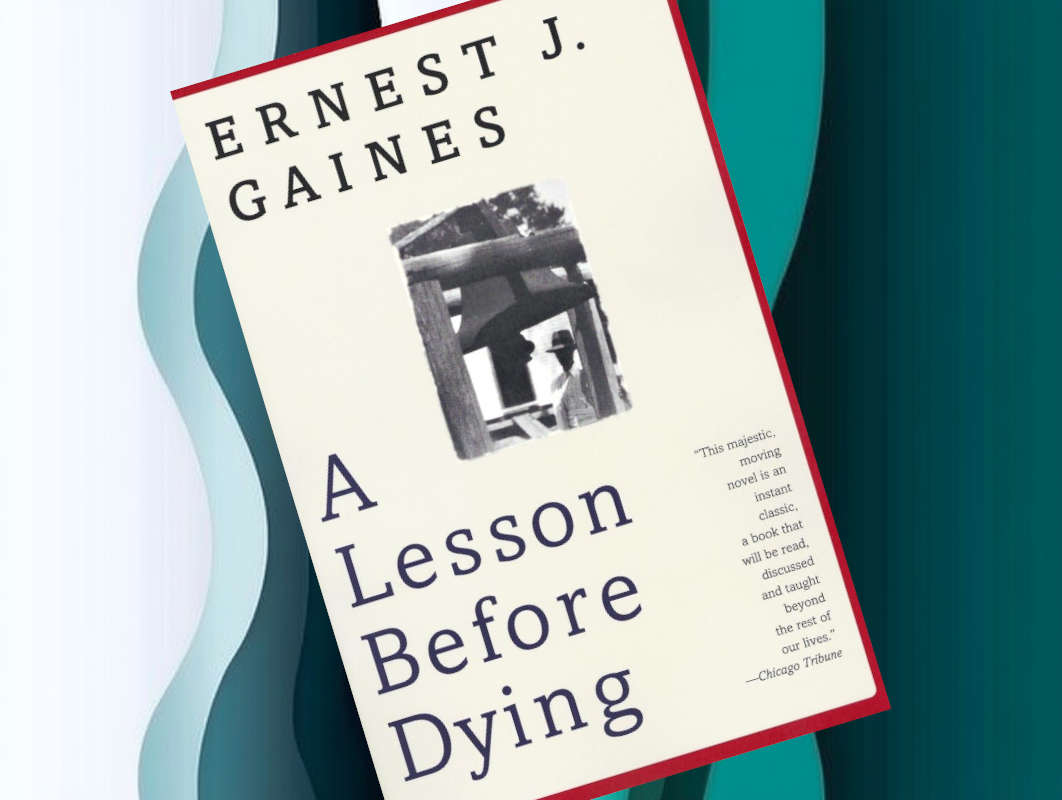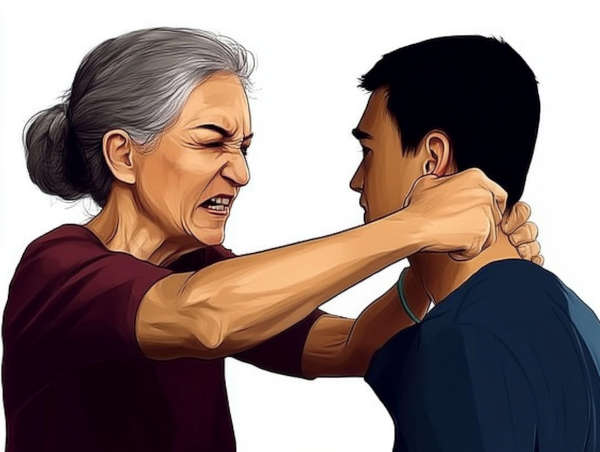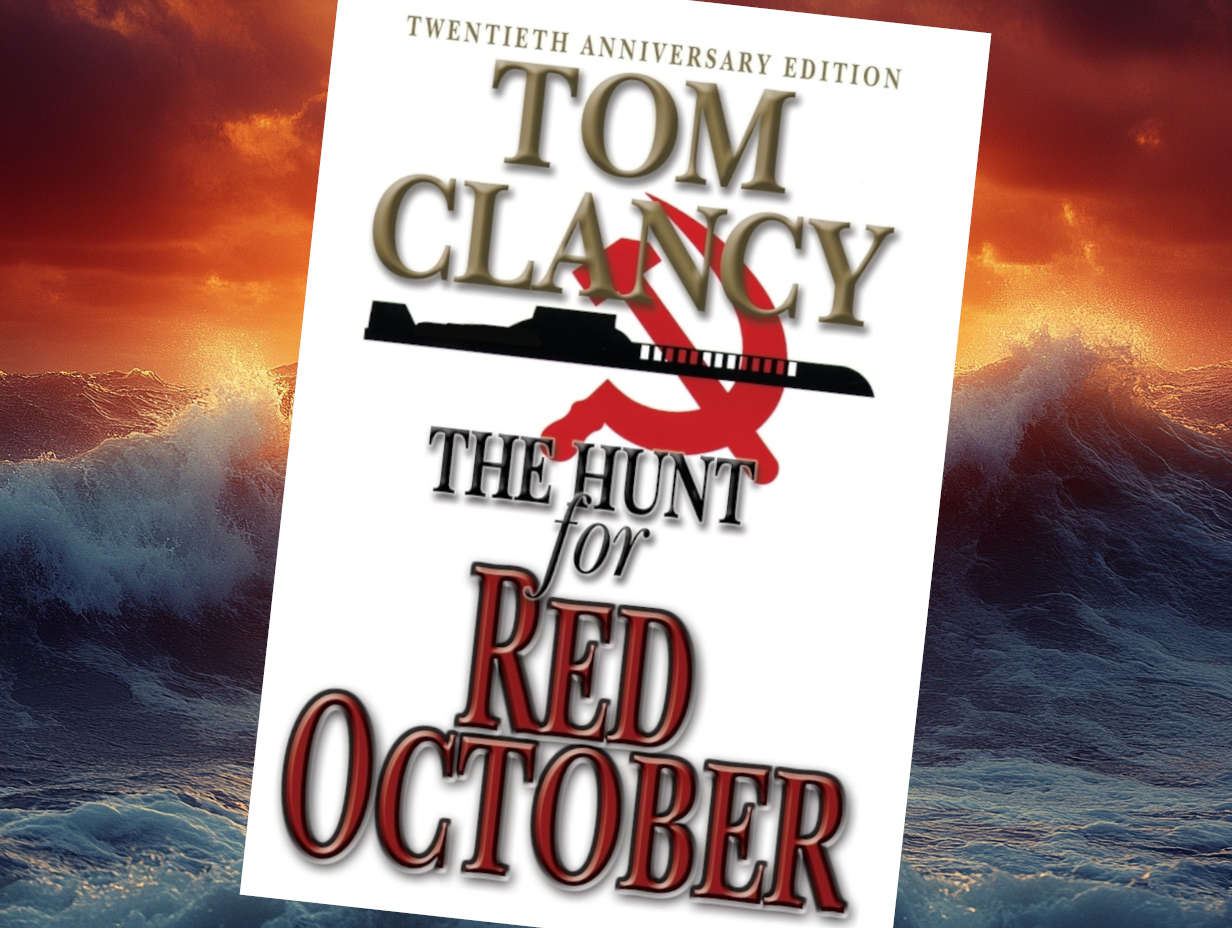
It wasn’t at Barnes & Noble, and the guy behind the counter at Prospero’s Books in Kansas City told me that he hadn’t been able to lay hands on any of the Jack Ryan books in ages. They had vanished, it seems, from the national stacks; disappeared beneath the waves of the literary current.
“I’m on the hunt for ‘The Hunt for Red October,‘” I told him, well aware of how stupid that joke was but committed to telling it anyway. “It’s eluding my radar.”
He shrugged in commiseration.
“There’s that Jack Ryan TV show,” he said. “I think that’s why everyone’s buying it used. Just look for it online.”

I don’t like buying books online. Yeah, they’re cheaper, and there’s a lot of stuff you just can’t get elsewhere, but I am a huge proponent of supporting bookstores. Usually used bookstores, but at this point I’ll even throw money Barnes & Nobles‘ way if it means having a bookshop in town that isn’t going to go out of business.
It may have taken me longer than I would have thought possible to find “The Hunt for Red October,” #200 on the list of 1,000 Books to Read Before You Die, but it’s my own damned fault. I’ve owned more than one copy of Red October over the years, but have lost those copies in moves or through overzealous loaning practices. (Talking about you, Jerry. Just because we haven’t spoken in 15 years is NO EXCUSE.)
I was able to track down a paperback copy at Half-Priced Books, which really does have some gems now and again, and I managed to get to it before the pot-bellied guy in the “NAVY” hat did, due in part to my natural speed and agility. The navy guy was upset — you could just see his heart sink.
After taking a few days to read Red October again, I honestly don’t know why this series is as popular or as long-lasting as it is.
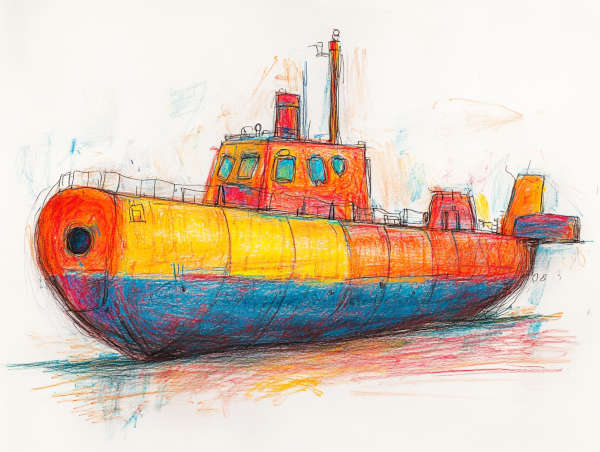
Published in 1984, Tom Clancy’s debut novel breathed fresh air into submarines. It was initially printed by the US Naval Institute Press, who — no joke — aim to “promote an understanding of sea power and other issues of national defense.” You can see their current publications here: https://www.usni.org/press/books.
They’re really just trying to raise awareness about … naval stuff. Weird! A whole publishing house dedicated to that One Great-Uncle of Yours who talks about Pearl Harbor every Christmas and maintains that internment camps aren’t the same as “prisons.”
Ah, the holidays.
Anywho, the thing that I don’t get about the popularity of Red October isn’t that, as an English major, I turn up my nose at military books, although I do, or that I think most military books are a form of propaganda, although I do. (Ronald Sata…I mean Reagan said Red October was “a heck of a yarn” or some shit. Better than shilling for mexican food in the oval office, I guess.)
It’s just that, well, my first introduction to Red October was the Sean Connery movie. It’s a great movie — I loved when I was a kid and I’ll still watch it now if I see it on a streaming platform. It’s such a great movie that it makes you realize it ought to be a movie — not a book.

It’s paced like a movie, introduces characters like a movie, has movie dialogue, does movie cliffhangers. The final chapters are a series of, swear to God, jump cuts between a bunch of subs and ships. To this day, I’m convinced that Tom Clancy wanted to write a screenplay but was told, “Why don’t you make it a book instead?” To which he said, “No.” He only agreed after the publishing company said they’d mail a copy of the finished manuscript to Sean Connery himself, who was in Vladivostok at the time cultivating his eyebrows.
For what is essentially a spy-thriller in a heavily naval setting, the story is pretty simple. A Russian submarine captain wants to defect to the U.S., taking his ritzy new submarine with him. Will JACK RYAN the AMAZING YET RELUCTANT HERO be able to help him along, or will the submarine end up at the bottom of the ocean, a nuclear toothpick in Poseidon’s maw? There’s lots of boats and missiles and airplanes and helicopters and PINGing radar screens and people shouting, “Conn, sonar!”
You may as well eat buttered popcorn while you’re reading it.

According to Mustich, the reason for the inclusion of this book on the list of 1,000 Books to Read Before You Die isn’t that it’s the best spy novel, or even that it’s the best submarine novel — it’s because it spawned a sprawling assortment of sequels, movies, TV shows, and video games. It’s fair to say that the Jack Ryan books have been impactful, but I consider it to be a dumb basis for picking which books a person ought to read.
Nobody, except maybe that One Great-Uncle of Yours, is going to be on their deathbed whimpering, “If only … I’d read more novels … that inspired crappy first-person shooters … “
I think the relative rush to turn these books into movies attests to how visual they are, how well they lend themselves to a screen of some sort. Who all has played Jack Ryan? Harrison Ford, Ben Affleck, Randall Park, and Alec Baldwin. Pretty big names, and that’s not including the supporting cast for those movies — James Earl Jones was Grier in a bunch of them.
For this particular read-through, I listened to a lot of the audiobook version of Red October, catching 30 minute snippets between the hours of 1 and 4 AM when anxiety keeps me awake like a malfunctioning alarm clock that’s been glued to my face like a trap in one of the Saw movies.
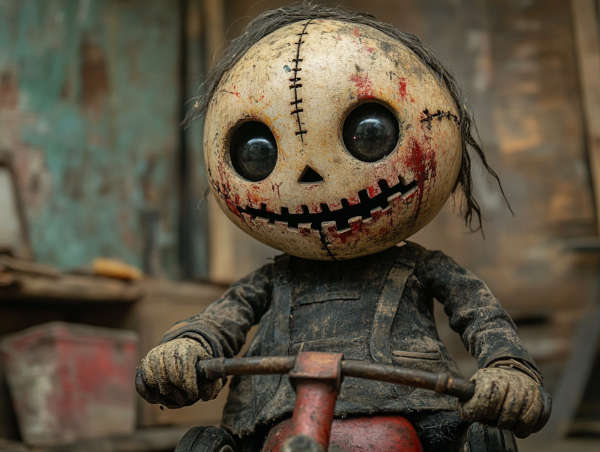
I’ve completely unplugged myself from news and social media since the election — except for over on BlueSky, where I’ve found a bunch of people who throw haikus at one another and are just lovely — and I’ve tried to replace all my doomscrolling with … doomreading?
Whatever you call it, it’s essentially a series of instances in which I reach for my phone, realize I’ve deleted every social media app, and then angrily pick up a book to fume over … er, read. It hasn’t been easy. My mental health has suffered. At the very least, this whole thing has turned my reading of “The Hunt for Red October” into an angrier affair than it ought to be. I don’t know what the equivalent of hate-f*cking a book is, but that’s what it’s felt like.
I suppose anything I decided to read right now would have gotten the same treatment. I’ve just got to remember that I won’t be this angry forever. Even super-secret submarines have to surface eventually. Staying underwater forever is just impossible.
Unless you blow up and radioactive material eats a hole through your hull.
Seriously, though, do you know how dangerous submarines are? I mean, we all read about the billionaires who imploded, and ha-ha-ha, but multiply that little sub by about a hundred, make it radioactive, and stuff it full of nuclear weapons, and then you’ll have a rough idea of what actual submarines are like.
It makes you wonder why the US Naval Institute Press is so anxious to get this sort of stuff out there for mass consumption. It’s hard telling, but be sure to check out some of their other thrilling titles, such as: “We’re F*cking Crazy and SO CAN YOU“, “Radiation Poisoning: A Love Story”, and “Many Ways Through the Back Hatch.”
To order any of these titles from the US Naval Institute Press, simply write your social security number on a $50 bill, put it in a glass bottle, and toss it into the Gulf of Mexico! One of the books (you can’t pick which) will be delivered to you via air-to-surface missile in seven to ten business months.
Or, you know, just look for them online.
